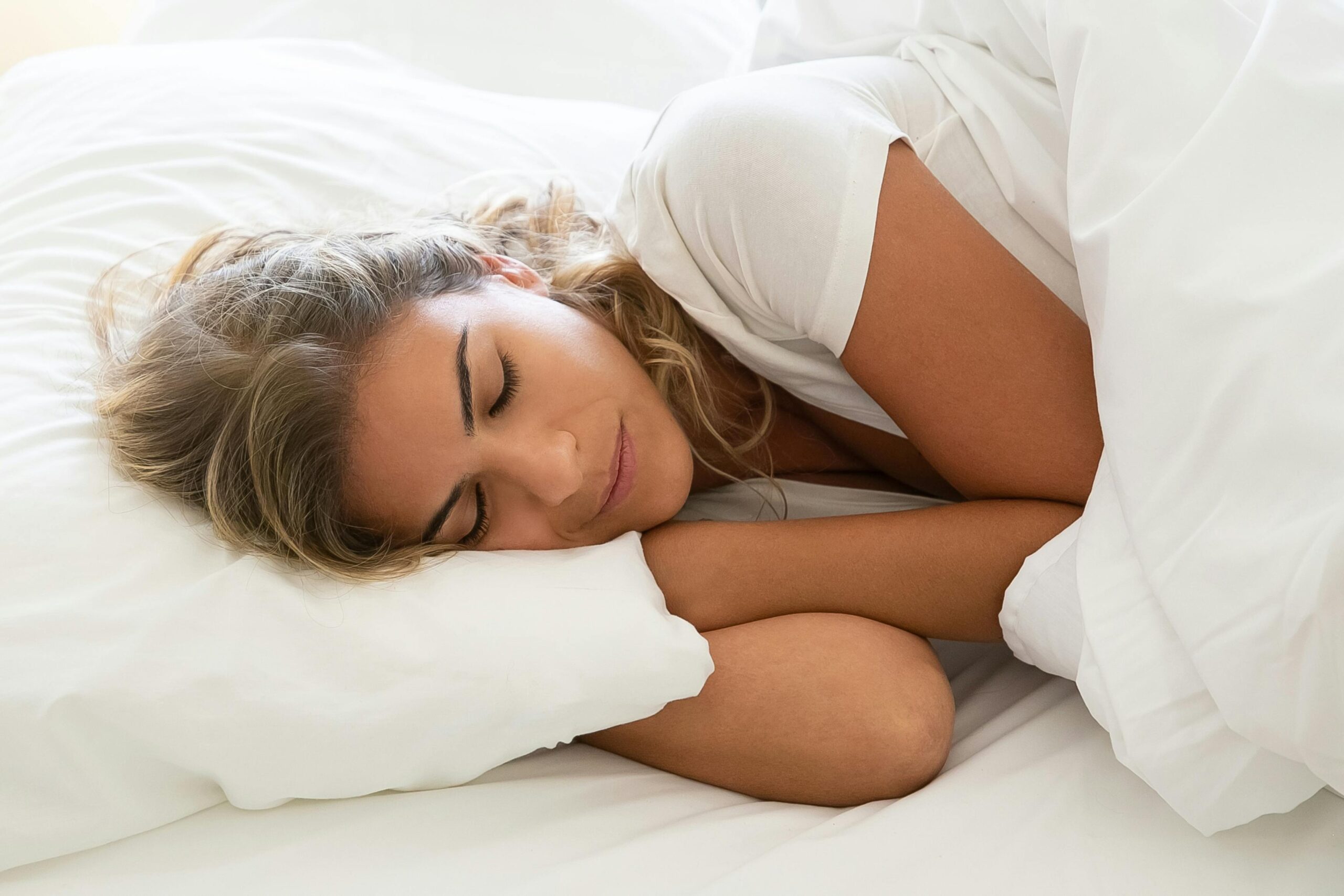Anxiety and Sleep Issues: Finding the Right Treatment Approach
Anxiety and sleep issues often go hand in hand, creating a cycle that can be difficult to break. Anxiety can make it hard to fall asleep or stay asleep, while lack of sleep exacerbates anxiety, leaving you feeling trapped. At PharmaStore.us, we understand the struggle and offer solutions, including medications alongside practical strategies to help you find relief.
In this detailed guide, we’ll explore how anxiety affects sleep, common symptoms, and the best treatment options for improving both your mental health and sleep quality.
The Connection Between Anxiety and Sleep
Anxiety can disrupt sleep in several ways. When you’re anxious, your body’s stress response remains active, keeping your mind and body alert when they should be winding down. This often leads to:
- Insomnia: Difficulty falling or staying asleep.
- Nightmares: Anxiety can cause vivid, unsettling dreams that disrupt rest.
- Daytime Fatigue: Poor sleep quality leaves you feeling tired and irritable the next day.
If these issues persist, they can significantly affect your mental and physical health, making it essential to address them early.
Common Symptoms of Anxiety and Sleep Disorders
Understanding the symptoms of anxiety and sleep problems can help you recognize when to seek help. These symptoms include:
- Racing thoughts when trying to fall asleep.
- Frequent awakenings during the night.
- Feeling restless or tense in bed.
- Chronic fatigue despite spending adequate time in bed.
- Increased irritability, mood swings, or difficulty focusing during the day.
If you notice these signs regularly, consider exploring treatment options like therapy, lifestyle changes, and medications available at PharmaStore.us.
What Causes Anxiety and Sleep Issues?
Anxiety and sleep problems often have overlapping causes, such as:
1. Chronic Stress
Work pressures, financial challenges, and personal conflicts are major stressors that disrupt mental peace and sleep quality.
2. Irregular Lifestyle
- Inconsistent Sleep Schedule: Sleeping and waking at irregular times confuses your internal body clock.
- Screen Time Before Bed: Prolonged exposure to blue light from phones or laptops can delay melatonin production.
3. Underlying Mental Health Conditions
Generalized anxiety disorder (GAD), depression, or post-traumatic stress disorder (PTSD) often lead to chronic sleep disruptions.
4. Physical Health Conditions
Pain, hormonal imbalances, or sleep apnea can worsen both anxiety and sleep quality.
Proven Treatments for Anxiety and Sleep Disorders
Addressing anxiety and sleep issues requires a combination of strategies tailored to your needs. Here are some effective approaches:
1. Cognitive Behavioral Therapy for Insomnia (CBT-I)
CBT-I is a structured, evidence-based therapy that helps individuals manage thoughts and behaviors affecting their sleep. It’s highly effective for people experiencing anxiety-driven insomnia.
2. Lifestyle Modifications
- Exercise Regularly: Physical activity helps reduce stress hormones and promotes relaxation. Avoid intense workouts close to bedtime.
- Healthy Diet: Consume magnesium-rich foods like almonds or bananas to relax your muscles and nerves.
- Sleep Hygiene: Maintain a consistent sleep schedule and create a calming bedtime routine.
3. Medications
When anxiety and sleep issues are severe, medications can provide significant relief. Popular options available at PharmaStore.us include:
- Ativan 10mg: A benzodiazepine that reduces anxiety and promotes restful sleep.
- Xanax 1mg:Effective for treating anxiety disorders and panic attacks, helping to calm the mind.
- Tramadol 100mg: Often prescribed for pain management but can also assist with relaxation.
4. Natural Remedies
- Herbal Teas: Chamomile or valerian root tea can promote relaxation.
- Aromatherapy: Essential oils like lavender and bergamot create a calming effect, making it easier to fall asleep.
5. Relaxation Techniques
Incorporate these into your daily routine to ease anxiety and prepare your mind for sleep:
- Deep Breathing Exercises: Slowing your breath reduces stress and lowers heart rate.
- Meditation and Mindfulness: Focused attention practices help quiet racing thoughts.
Creating a Sleep-Friendly Environment

Your bedroom should promote relaxation and sleep. Key adjustments include:
- Comfortable Bedding: Invest in a supportive mattress and pillows.
- Temperature Control: Keep the room cool and ventilated.
- Minimal Noise and Light: Use blackout curtains and a white noise machine if needed.
When to Seek Professional Help
If anxiety and sleep problems persist despite trying self-help strategies, consult a healthcare provider. They can:
- Diagnose underlying conditions like generalized anxiety disorder or sleep apnea.
- Recommend personalized treatments, including therapy or medication.
- Provide long-term support to manage symptoms.
Take the First Step Toward Restful Nights
Anxiety and sleep issues don’t have to control your life. By combining therapeutic approaches, lifestyle changes, and the right medications, you can break the cycle and achieve lasting relief.
Visit PharmaStore.us to explore our product range and take the first step toward better mental health and restful nights today.

